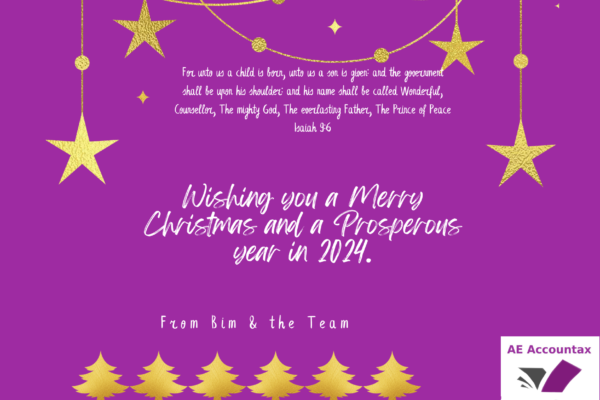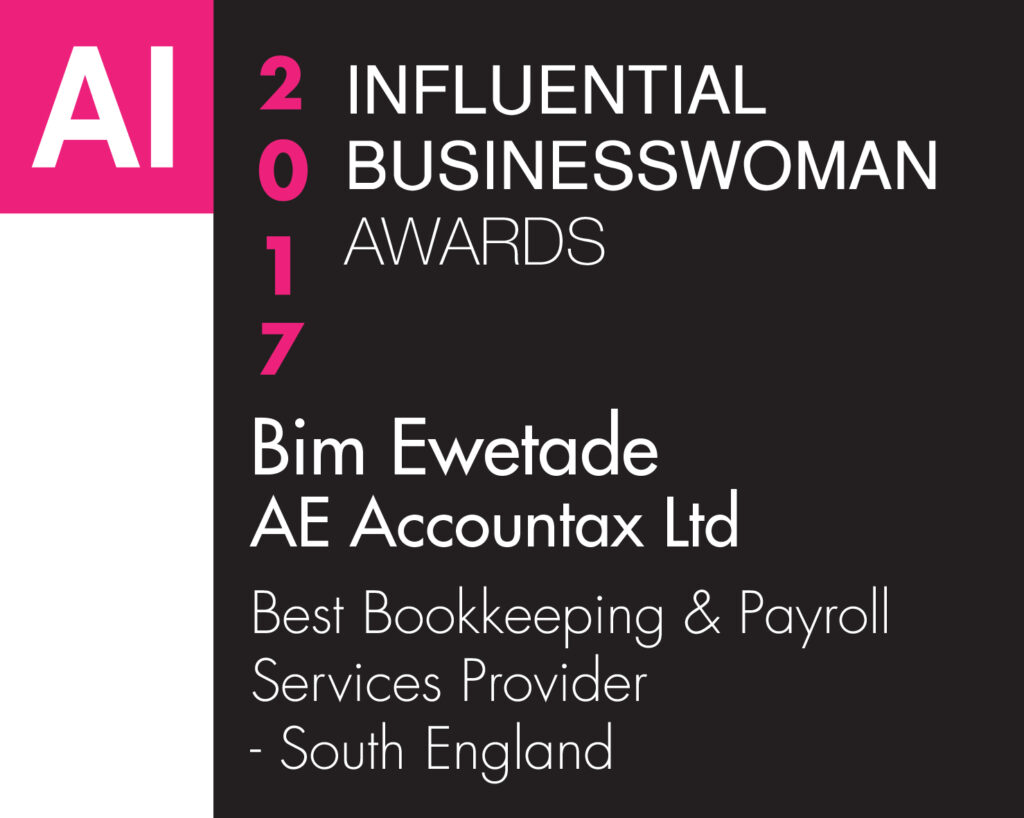REPORT EMPLOYEE BENEFITS ON FORM P11D BY 6 JULY
P11D forms for reporting expenses and benefits in kind provided to employees and directors in 2021/22 need to be submitted by 6 July 2022.
Remember that reimbursed expenses no longer need to be reported where they are incurred ‘wholly, exclusively and necessarily’ in the performance of the employee’s duties. HMRC do however expect internal controls to be in place to ensure that the reimbursed expenses qualify under these terms.
Note also that non-cash ‘trivial benefits’ that cost no more than £50 do not usually need to be reported. This typically covers non-cash gifts to employees at Christmas and on their birthdays.
IS YOUR BUSINESS ENTITLED TO THE EMPLOYMENT ALLOWANCE?
The Employment Allowance (EA) is a £5,000 allowance set against employer National Insurance Contributions (NICs) and has to be claimed each tax year by qualifying employers. The EA was increased from £4,000 to £5,000 this tax year to help to soften the blow of the 1.25% increase in employer contributions, now calculated at 15.05%.
If two or more companies or charities are connected with one another, then only one of them may claim the EA.
Employers are not eligible to claim the EA where their employers’ Class 1 National Insurance liabilities in the previous tax year exceeded £100,000.
Another important exclusion from the EA are single director companies where the director is the sole employee of the company.
SALARY SACRIFICES – GET THE TIMING RIGHT
Many employers and employees have been putting in place salary sacrifice arrangements to give up some of their contractual salary in exchange for additional pension contributions or an electric company car. In these specific cases and if correctly structured, the employee is taxed on the lower of the taxable benefit and the salary foregone.
In the case of the electric car the benefit is currently 2% of the original list price. There is no taxable benefit on employer pension contributions.
When the director or employee enters into the salary sacrifice arrangement, they must agree with their employer to vary the employment contract well in advance of the date when the first payment under the new arrangement is due to be made. If the contractual changes have not been completed by that date, the terms of the previous contract continue to be in force.
This means that the employee is still entitled to receive, and is therefore still taxable on, the previous higher salary, even though the smaller, post- sacrifice amount is paid.







